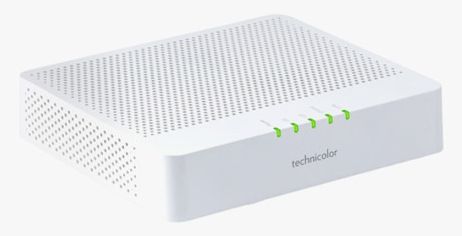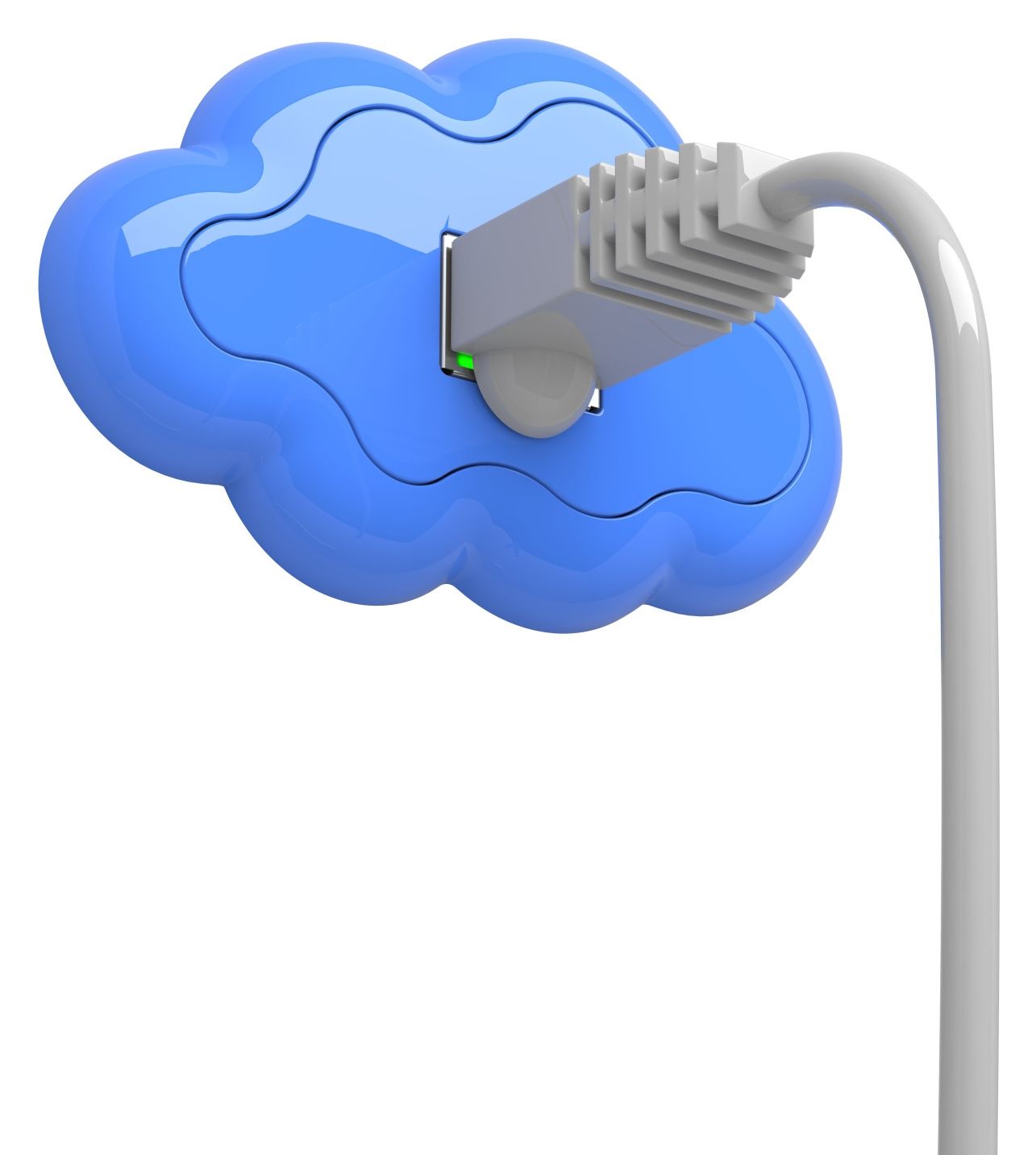Google wants you to browse the internet with your contact lenses.


[youtube_sc url=“https://www.youtube.com/watch?v=hYWHJudLjq0” title=“Emerging%20tech%20should%20not%20be%20feared%20if%20you%20favor%20liberation%20and%20progress” border=“1” autoplay=“0”]
How could global economic inequality survive the onslaught of synthetic organisms, micromanufacturing devices, additive manufacturing machines, nano-factories?
(http://www.beliefnet.com/columnists/lordre/2016/04/obsessed-with-equality-my-techno-utopia.html#S5Ogqvv8PL36KMDo.99)
Narrated by Harry J. Bentham, author of Catalyst: A Techno-Liberation Thesis (2013), using the introduction from that book as a taster of the audio version of the book in production. (http://www.clubof.info/2016/04/liberation-technologies-to-come.html)
Paperback: http://www.amazon.com/Catalyst-Techno-Liberation-Harry-J-Bentham/dp/1500436720/
Kindle: http://www.amazon.com/Catalyst-Techno-Liberation-Harry-J-Bentham-ebook/dp/B00E7H4TIQ/
Audio: coming soon!

Gearing up to offer one-gigabit-per-second Internet service in five U.S. cities this year. The first five cities to see the blazing speed are Nashville, Atlanta, Chicago, Detroit, and Miami.
Comcast, the Internet provider everyone loves to hate, is gearing up to offer one-gigabit-per-second Internet service in five U.S. cities this year. The first five cities to see the blazing speed are Nashville, Atlanta, Chicago, Detroit, and Miami. In line with Google Fiber, Verizon FiOs, and municipal offerings at one-gigabit speeds to the home, the new Comcast service will dramatically increase download speeds. Most subscribers currently receive download speeds of 25–100 megabits per second. For the customers with a 100Mbps connection, the increase boosts their speed 10 times over. For customers with 25 megabit connections, it’s 40 times faster. At that rate, one could download a full-length HD movie in around seven seconds. Not bad.
What sets Comcast’s gigabit service apart is the fact that the Internet provider is not using fiber optic lines to achieve the mega-fast speeds. Instead the company is using the existing coaxial cable lines that are already piped into people’s homes, giving Comcast a potentially huge advantage over a project like Google Fiber—which requires digging costly trenches through cities to lay fiber cables.
Hardware Boost
Comcast’s gigabit-over-coax Internet requires a new kind of cable modem. That device is charmingly classified under a new DOCSIS 3.1 standard, an acronym for Data Over Cable Service Interface Specification. And while it looks like any other black box, this new standard is capable of pumping data at 10 Gbps over existing coaxial cable. Still, Comcast is ushering in its new service with only a tenth of that power—currently offering one gigabit per second downstream speeds with 35Mbps upstream.

Ask an Information Architect, CDO, Data Architect (Enterprise and non-Enterprise) they will tell you they have always known that information/ data is a basic staple like Electricity all along; and glad that folks are finally realizing it. So, the same view that we apply to utilities as core to our infrastructure & survival; we should also apply the same value and view about information. And, in fact, information in some areas can be even more important than electricity when you consider information can launch missals, cure diseases, make you poor or wealthy, take down a government or even a country.
What is information? Is it energy, matter, or something completely different? Although we take this word for granted and without much thought in today’s world of fast Internet and digital media, this was not the case in 1948 when Claude Shannon laid the foundations of information theory. His landmark paper interpreted information in purely mathematical terms, a decision that dematerialized information forever more. Not surprisingly, there are many nowadays that claim — rather unthinkingly — that human consciousness can be expressed as “pure information”, i.e. as something immaterial graced with digital immortality. And yet there is something fundamentally materialistic about information that we often ignore, although it stares us — literally — in the eye: the hardware that makes information happen.
As users we constantly interact with information via a machine of some kind, such as our laptop, smartphone or wearable. As developers or programmers we code via a computer terminal. As computer or network engineers we often have to wade through the sheltering heat of a server farm, or deal with the material properties of optical fibre or copper in our designs. Hardware and software are the fundamental ingredients of our digital world, both necessary not only in engineering information systems but in interacting with them as well. But this status quo is about to be massively disrupted by Artificial Intelligence.
A decade from now the postmillennial youngsters of the late 2020s will find it hard to believe that once upon a time the world was full of computers, smartphones and tablets. And that people had to interact with these machines in order to access information, or build information systems. For them information would be more like electricity: it will always be there, and always available to power whatever you want to do. And this will be possible because artificial intelligence systems will be able to manage information complexity so effectively that it will be possible to deliver the right information at the right person at the right time, almost at an instant. So let’s see what that would mean, and how different it would be from what we have today.

Luv it!!!! Another fellow experienced AI SME having the same point of view that many other well seasoned AI experts have. Cerf is more concerned about coding bugs and not killer robots; and I and others are also concern about the weakness of the connected infrastructure, weak under pinning technology, and hacking/ criminals hotwiring or overriding AI systems to do their dirty deed and we’re not (like Cerf) concerned over robots and machines taking over the world.
Robots won’t take over humans, but buggy software might, according to the Google exec known as the “father of the Internet.”
Asked for his thoughts on the risk of a robotic overthrow, Google’s chief internet evangelist, Vint Cerf, said he doesn’t fear that problem — especially because artificial intelligence technology isn’t that sophisticated.
However, flawed software could pose a real threat to humans, he said.



Hmmm; I guess the government needs to change its mode of operations. I believe that everyone has been saying this for a while now.
Technology companies are moving too fast for governments to keep up, according to a former chief of the US Defense Advanced Research Projects Agency (DARPA).
Kaigham (Ken) Gabriel was acting director of DARPA and the man behind drone technology and global positioning satellites, as well as the military’s top secret, high-tech operation responsible for inventing the forerunner to the internet, Arpanet.
He believes governments are fighting a losing battle with technologies such as encryption. But, when it comes to the possibility of advanced tech falling into the wrong hands, he doesn’t believe western governments should give up altogether.

“Buying into a smart home ecosystem is sort of like selecting a holy grail in the Temple of the Sun. Choose poorly, and everything crumbles.”